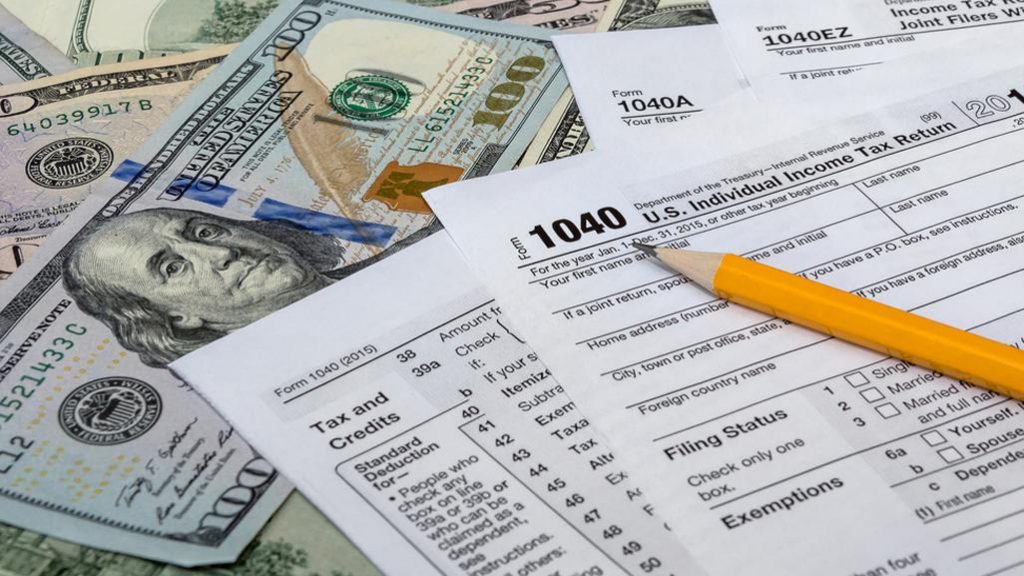
Now that tax Opens a New Window. filing season has ended for most Americans, there is one step many might want to consider taking to prepare Opens a New Window. for next April.
This year was the first filing under the Tax Cuts and Jobs Act, which – along with new withholding tables – left some Americans confused about their refunds.
The average refund as of April 19 was $2,725. That is down 2.0 percent when compared with last year, when the average check was $2,780. The IRS doled out 95.7 million checks, but paid 1.7 percent, or about $4.4 billion, less in total refund dollars.
Some people voiced frustration regarding the size of their refunds this year, saying their checks shrank, while others even owed the IRS for the first time.
Nearly one in five, or 18 percent, of Americans owed additional money to cover their 2018 tax bill – 32 percent of whom said they received a refund last year.
Many taxpayers failed to check and adjust their withholding amounts, which caused at least some of the confusion. The IRS and Treasury Department repeatedly urged workers to do so throughout the year.
For those hoping to avoid an April tax surprise next year, the IRS has already begun encouraging people to check what is being withheld each week from their paychecks.
Additionally, it could be wise to get those finances in line now considering more potential issues could be on the way as the agency prepares to release a new W-4 form in time for next year’s filing season, which is expected to be more detailed than its current counterpart. The agency is hoping to get a more accurate read on what should be withheld from workers’ paychecks. If filled out incorrectly, however, workers could again be faced with a scenario where they are having incorrect amounts withheld.
It is worth noting that lower refunds indicate you did not overpay taxes during the year. Owing the IRS means you underpaid your tax obligations.
As a result of the new tax law, about 80 percent of filers were expected to see a net tax benefit. However, that could be reflected in higher take home pay instead of a large refund from the IRS.
